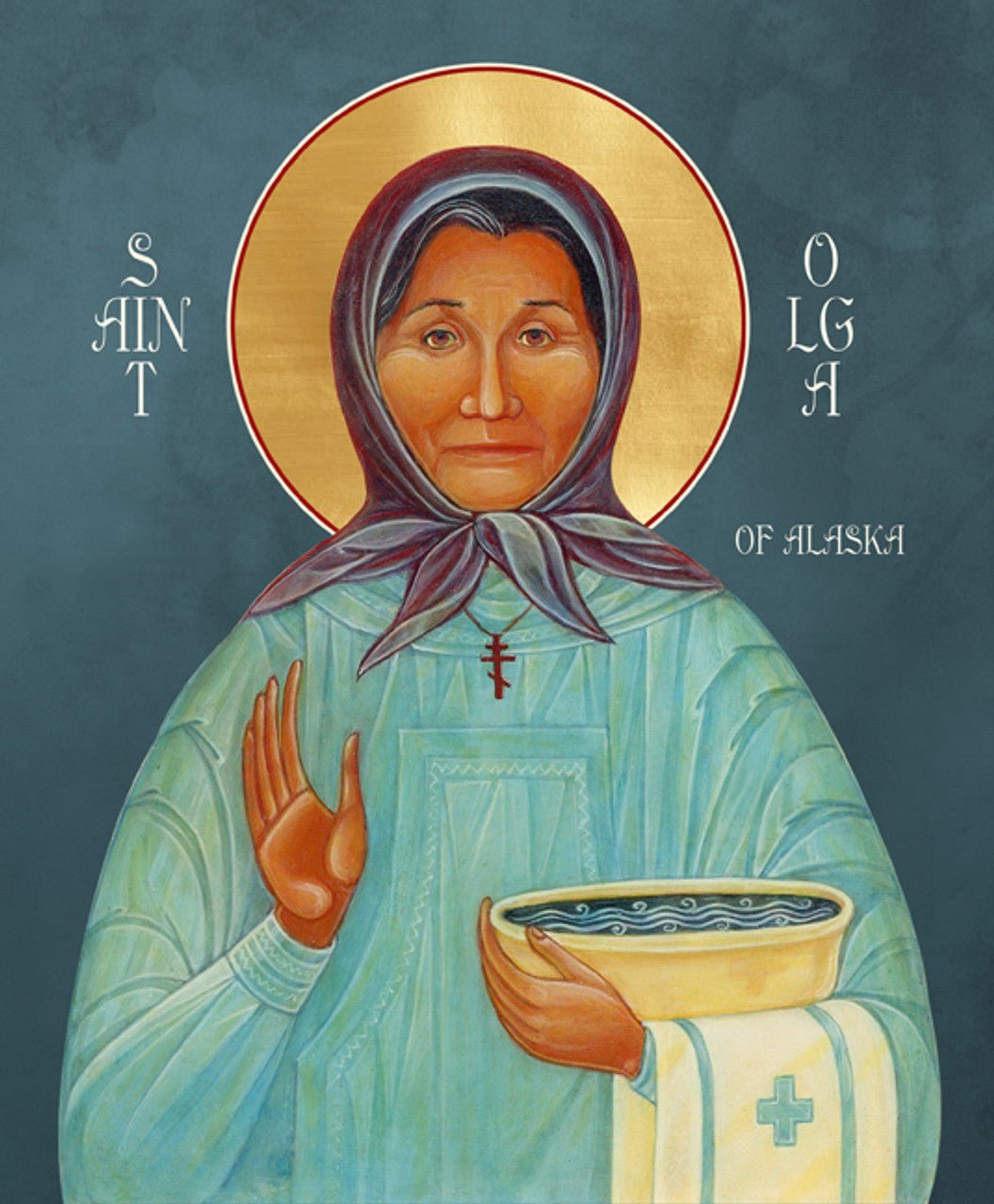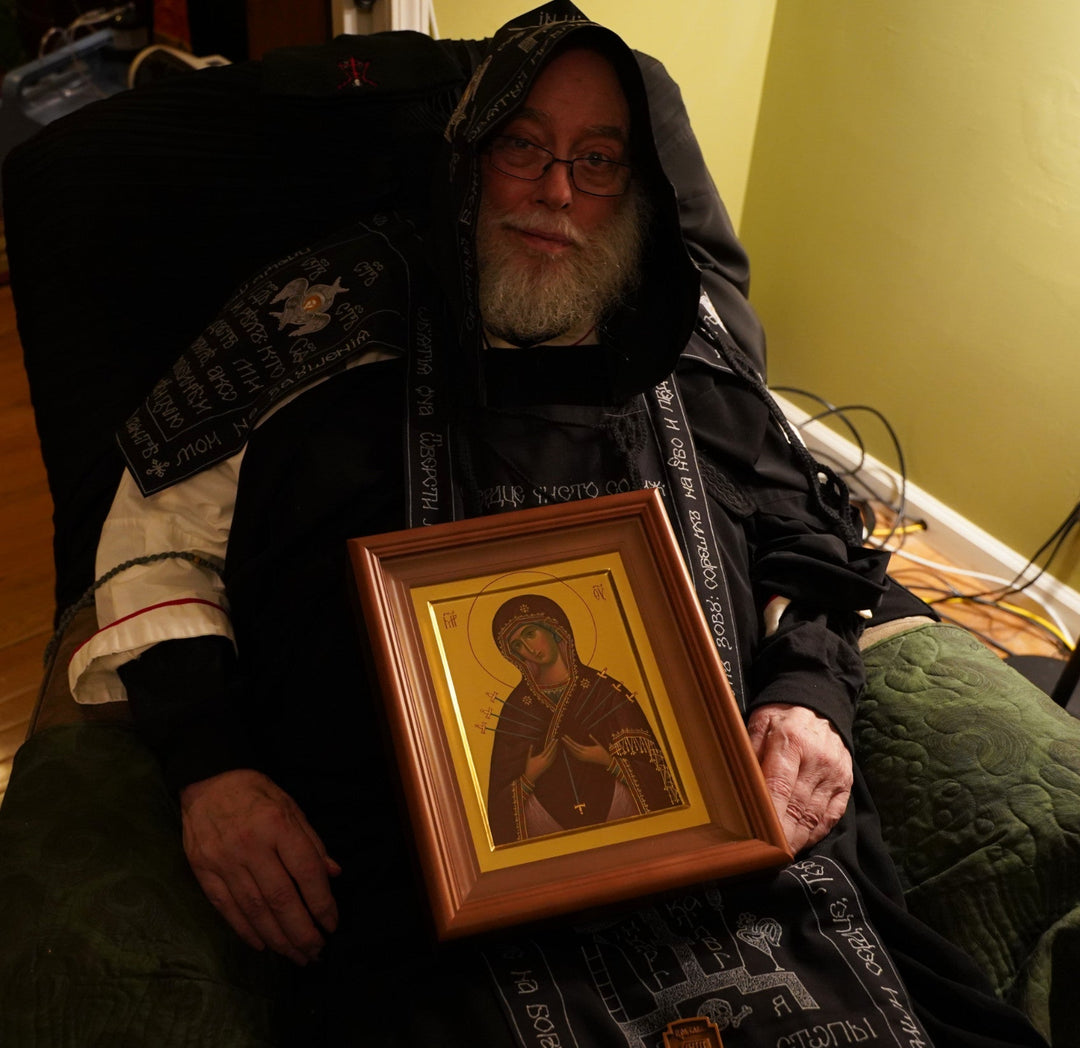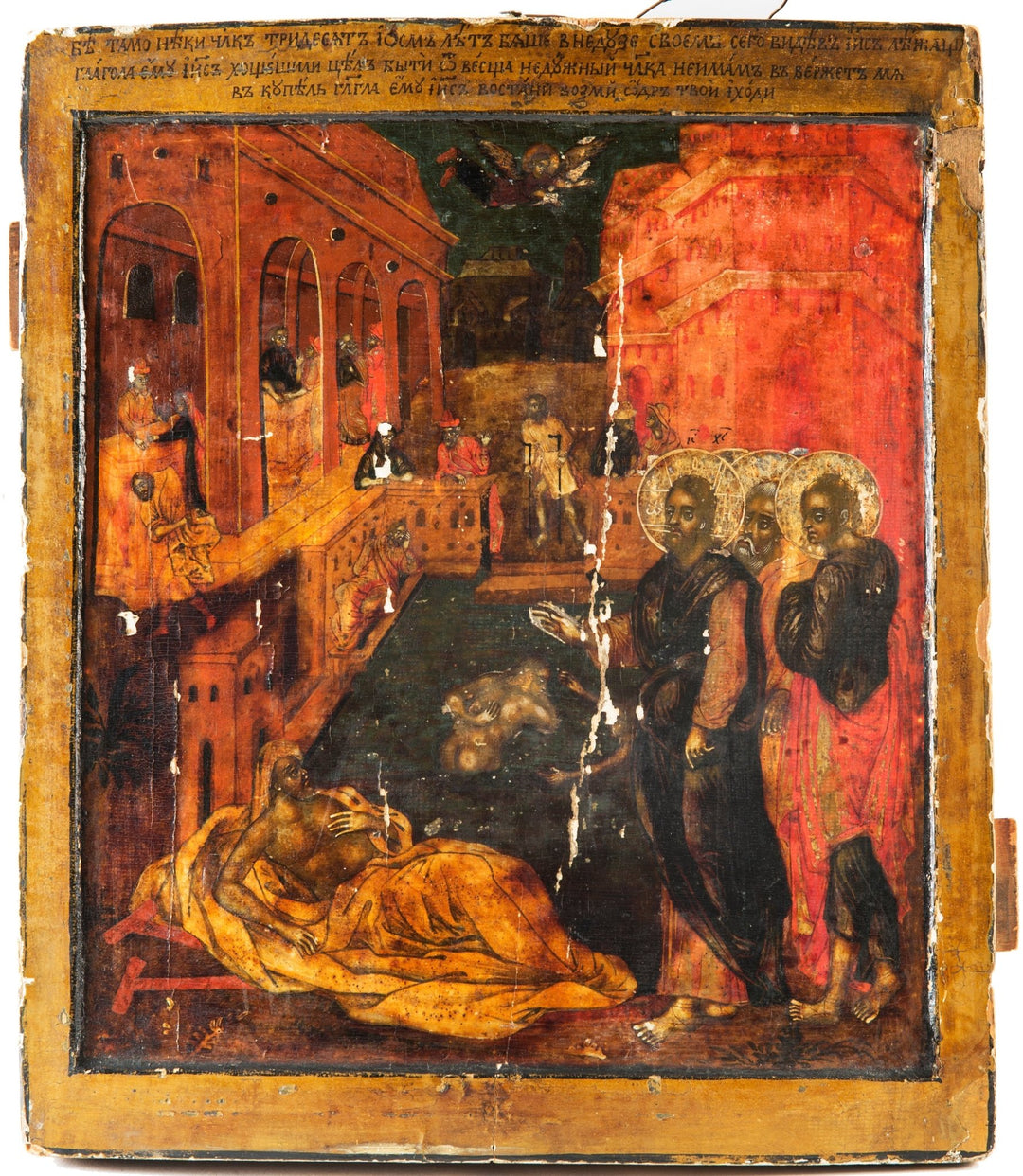Sermons & Homilies

Around the year 271, there was a young man who lived in Lower Egypt, born to wealthy landowner parents, both of whom had only recently died, leaving the young man to care for his little sister and the upkeep of the family home. This young man went to church one day, and while there, he heard the Gospel which we have just heard. Writing about this experience, his friend says that the young man realized this passage had been read for his sake and he immediately left the church, gave away all the land that he had inherited, and then sold his possessions, distributing the money to the poor, and saving some for his sister. This young man we know as St. Antony the Great, and his friend and biographer is St. Athanasius of Alexandria. Originally, St. Antony’s Life was written in Greek, but within twenty years it was translated twice into Latin, then into Coptic and Syriac, and became the impetus for many who desired that perfection which comes to those who leave their homes to make the desert a city.


While Orthodoxy has gotten attention lately for its new growth and spike in conversions, the true sign of Orthodoxy taking root here is the increase of her saints. We are blessed this year to add St. Olga of Alaska to our humble synaxis.

Who was, who is, Schema-Archimandrite Panteleimon, known for so long to so many as Fr. Seraphim? Although I spent over a decade at his side as his unworthy cell-attendant, I still do not fully comprehend who he was and who he is. I took him for granted. I did not truly know him.

It’s in this state that Christ comes to us and asks us the question upon which hinges the entire Christian life: Wilt thou be made whole? (Jn. 5:6). “Do you want to be healed?” The answer may seem self-evident. Why else would the man be laying there by the sheep pool? But significantly, the paralytic does not simply say, “Yes.” He begins to explain why he can’t be healed. Sir, I have no man, when the water is troubled, to put me into the pool (Jn. 5:7). We do something very similar. We presume that we want what’s best for ourselves, we presume that we truly desire spiritual health and salvation. “Why else would I be living a Christian life? Why else would I have come to the monastery?”






